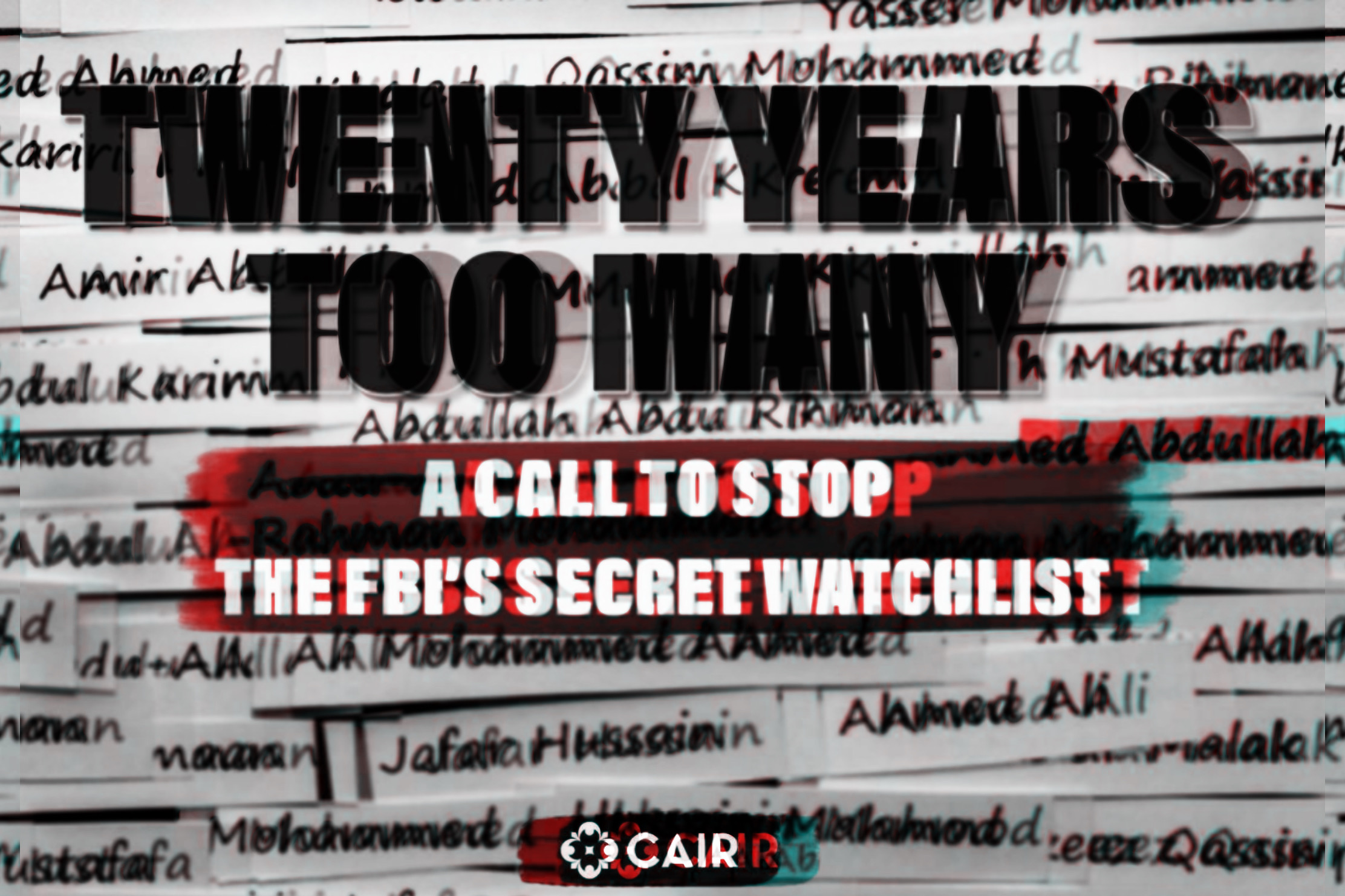With their European culture and Islamic faith, Bosnian Muslims want to act as a bridge between East and West but instead feel rejected. There are times when Aida Begic gets on a plane and the looks she receives from other passengers remind her of people’s fears and misunderstandings about Islam. A well-known Bosnian movie director, she flies to film festivals all over the world dressed in fashionable yet distinctively Islamic clothing — a headscarf and outfits reaching down to her ankles and wrists.
Her first feature movie, Snow, premiered in Cannes in 2008. The global fear of flying with Muslims has become part of Begic’s everyday life. Despite this, she denies that there is any clash between her faith and her appreciation of western culture. “I was shaped by European literature, arts and music, and Bach is as much a part of my identity as [Muslim mystic and poet Jalaluddin] Rumi,” she says.
In fact, some experts believe the Muslim communities in the Balkans, whose Islamic faith developed in a European context, could serve as a bridge between the Islamic east and the Christian west.
But the allegiance of Bosnia’s Muslims to both worlds has been sorely tested recently. They feel Europe betrayed them in the 1992-1995 Bosnian war and has excluded them ever since. On the other side, offers of assistance during the war from some Muslim co-believers came at a price, that of the spread of Wahhabism in Bosnia.






